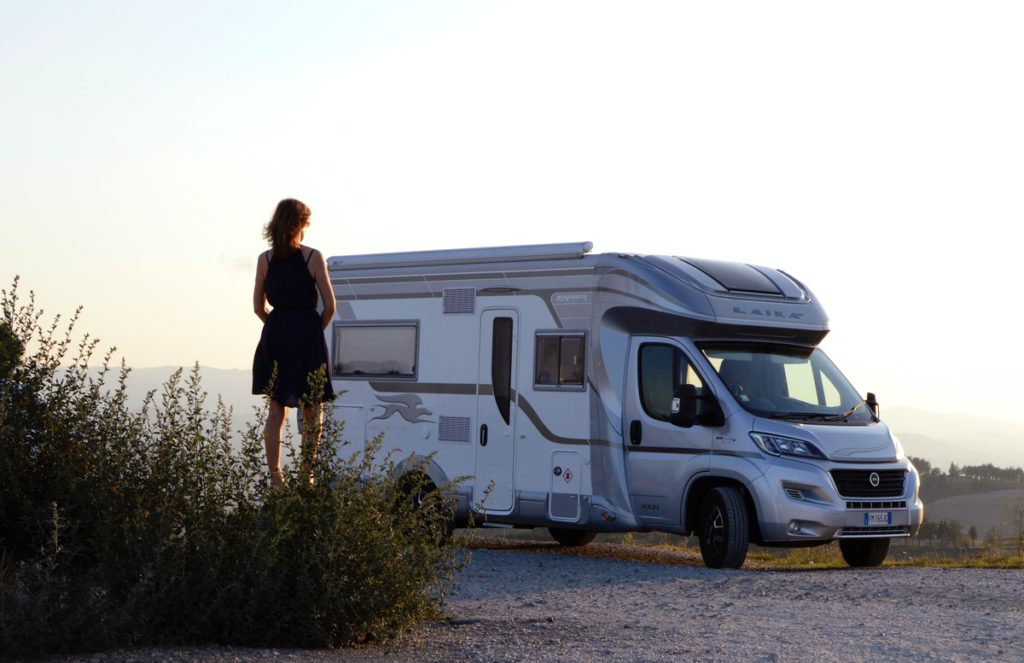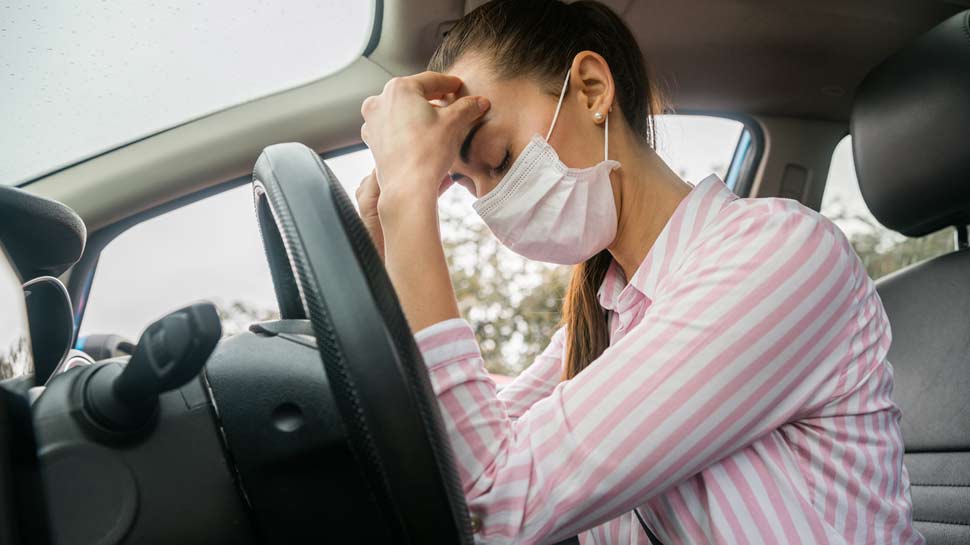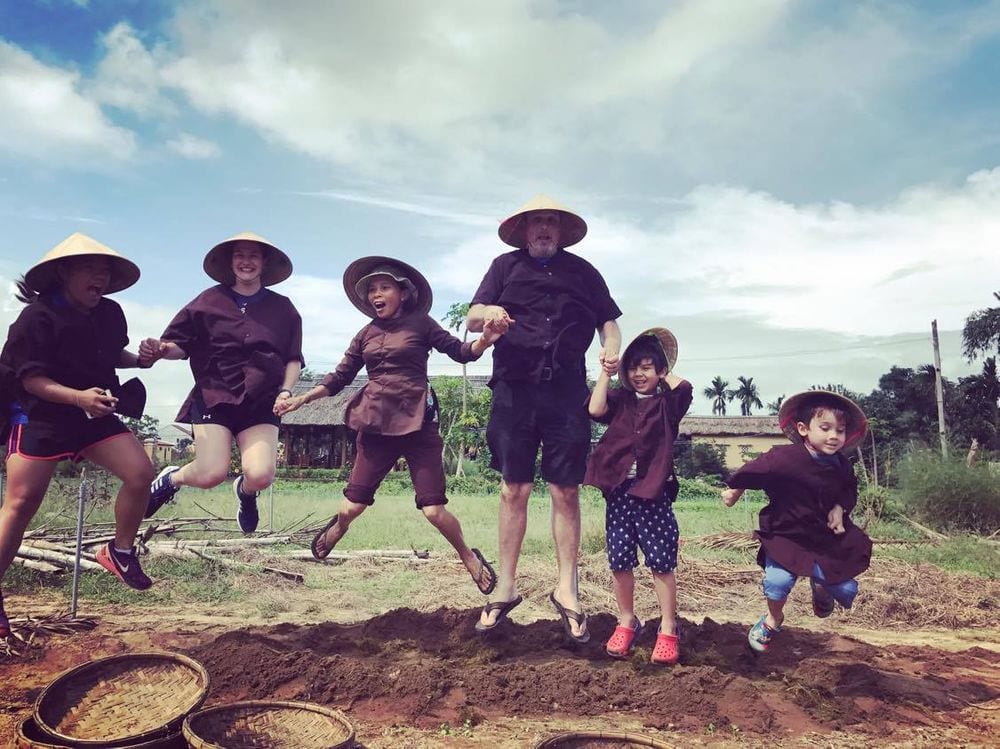Most parents are stumped as to how to get their children outside and away from their electronic devices. Getting away from it all for a bit is one option. Yes, run to the mountains if you hear them beckoning. Run to it if the waves of the ocean call to you from another country. Why not give in and dance if the famed Padauk tree in the Andamans rustles its leaves to the beat of your favourite song? Travel is the only way to accomplish this. No other outdoor activity can compare to the broad variety of experiences that travel provides. Continue reading to learn 5 reasons why children benefit from travel.
- It introduces them to a variety of cultures at a young age.
Travel provides the ideal opportunity for youngsters to learn about different cultures. It teaches children how to communicate in a foreign language and introduces them to the local cuisine and clothing. It’s also a fantastic opportunity for them to watch people’s behaviour, learn about living standards, natural sources of income, and regional industries.
- It is without a doubt one of the most enriching experiences they have ever had.
On a travel, children learn a lot. New places, people, sights, and smells can quickly stimulate all five of their senses. These travels invigorate children and encourage them to learn more. They are more inquisitive and keen to learn about everything around them. The novelty factor can be used by parents to teach their children about the geography, economy, landscape, and languages of the countries they visit. Planning and involving the kids can help them become more interested in the history of the location. When youngsters are exposed to a variety of terrains, the learning opportunities are endless. This aids their body and mind in adapting to changes, adversity, and other challenges.
- It instils skills such as planning, organisation, and efficiency in them.
Getting youngsters involved in the preparation of a family vacation is the easiest method to teach them how to plan and organise things efficiently. It instils in them the value of forethought. It also encourages students to learn more about the area and the weather conditions. This will assist them in organising and planning meals in advance, particularly for vegetarians and vegans. The majority of people travel on a budget and on a tight timetable. As a result, people are more cognizant of time management. It’s a terrific opportunity for kids to learn about discipline and how to work efficiently while having fun. When compared to other days, children are surprised to wake up early on a holiday only to check out their surroundings. Learning about the new routes will also help children recall information and use their memory skills to remember how to go home or the quickest path to the beach.
4. It broadens their horizons
There is no better method to teach youngsters about the ways of the world than through travel. They learn about stereotypes and diversity. Teaching them about societal concerns such as poverty, prejudice, and racism is simple. When youngsters learn and realise how fortunate they are in their surroundings, it changes their perspective. It teaches children to accept their current situation and be grateful for what they have. We live in a world of plenty, so it’s a difficult time for parents. Youngsters receive far more than they require and are exposed to far more of what other children possess. This information can give them a false sense of entitlement. It will appeal to their sensitive side and help them practise greater thankfulness if children are aware of and comprehend the discrepancies and injustices that exist around the world. It’s a fun method for kids to learn about currencies, a country’s economy, and different exchange rates around the world.
- It’s a great time for families to get together.
Travel is enjoyable, and it provides a wonderful opportunity for families to decompress. It’s a terrific method to strengthen communication and listen more to one other when families plan and make various decisions during a trip. Children also learn to deal with conflict, debate effectively, and make rational, fair conclusions. It’s also an ideal time for families to do activities together, allowing them to learn new things about one another and engage with a greater level of understanding. The holidays are an excellent opportunity to demonstrate a caring, supporting environment for children. Holidays are usually remembered by children and are often used as a benchmark memory of their youth.
Conclusion
Many parents may be concerned about their children’s ability to travel. It is not necessary for a trip experience to take place in a foreign country or in an interesting location. Even modest excursions to nearby historical sites might be organised as fun excursion outings with the kids. Join a local trekking group or organise a neighbourhood cycling event with the kids. It’s the small details that make a big difference. All that counts is that youngsters enjoy outdoor activities and play. That is how they learn and how they develop.




